| LA 63 | |
|
EDITORIAL
Revathy Kamath was a sensitive spatial designer who created strong contextual settings rooted in the idea of “indigenous”. Whether it was the organization of space, selection of materials, techniques of their usage, she always celebrated the vernacular. In his tribute, Shirish Beri while remembering her notes that her works always showed respect and concern for all life and the environment while consuming minimal embodied energy. Some of these ideas of respecting the vernacular find reflection in many of the contemporary designs including the design of a cultural space ‘Kala Bhoomi’ in the historic city of Bhubaneswar. In a far distant region, the local agricultural practices and homestead inspire ‘Dharitri’, a small Indian garden where a series of stepped terraces with carefully selected planting palette mimic cultural practices.
The role of the first generation of landscape architects, who established their practices in the 60s-70s, in the evolution and growth of the profession will remain unparalleled. With the idea to acknowledge their contribution, two monographs—Ravindra Bhan and Ram Sharma—were conceptualized and released in the month of July. Dr. Shishir Raval and Sanjay Kanvinde review the two books for the readers.
Eminent environmentalists Kanchi Kohli and Manju Menon note that tribal societies and pastoral communities are a few of the examples that can be looked at to explore lessons for sustainable living in this age of fast-paced development and growth. Stewardship of environment in design and planning and its further education to masses has been the mandate for Idea Design, a landscape and urban design practice of three professionals based in two States of the country.
The organizational process of the ‘EnteKochi’ urban design competition for the city of Kochi promotes the idea of public participation in the decision-making process. The winning entry attempts to create a dynamic, climate responsive design intervention that reintegrates an urban canal into the city fabric in a contextually sensitive and sustainable manner.
Urban culture in respect to a multicultural country like India is quite complex and multilayered. One of the most important but often ignored subjects in development discourses, Gender Studies, has been an area of focus of Madhavi Desai. In an interview, she shares various aspects of the subject. Another important character of Indian urban planning is “Informal”, a point deliberated by Sanjay Prakash, who calls for improvement and up-gradation of these areas keeping in view their inherent spirit. Many socioeconomic factors of the societies influenced the design and organic planning of our historic cities, a subject of research of Pratyush Shankar. He shares many of such insights in the story of the evolution of Indian cities.
|
|
|
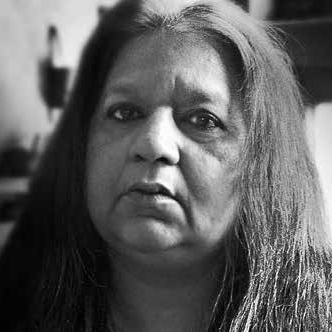
HARMONY, SIMPLICITY AND UNITY IN DIVERSITY
Tribute to Revathy Kamath | Shirish Beri, Architect
|
|
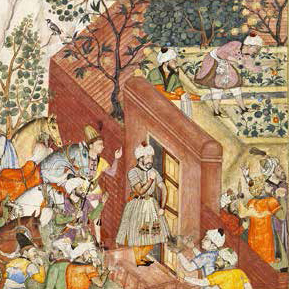
THE AESTHETICS OF PLANTINGS IN EARLY MUGHAL GARDEN PAINTINGS II: HISTORICAL MANUSCRIPTS
James L. Wescoat Jr.
|
|
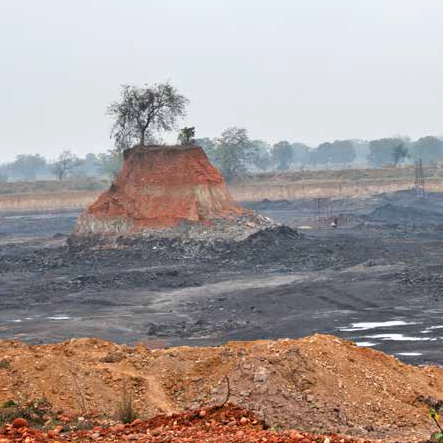
NATURE CONSERVATION, SOCIAL DEVELOPMENT AND FREEDOM
Kanchi Kohli | Manju Menon |
|
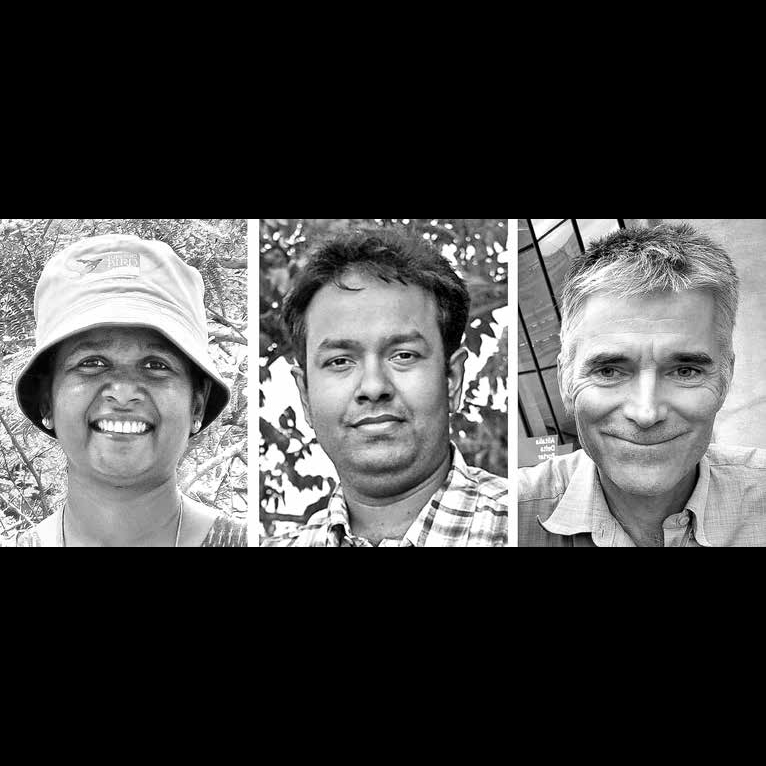
CREATING ENVIRONMENTAL EDUCATION LANDSCAPES
IDEA Design
|
|
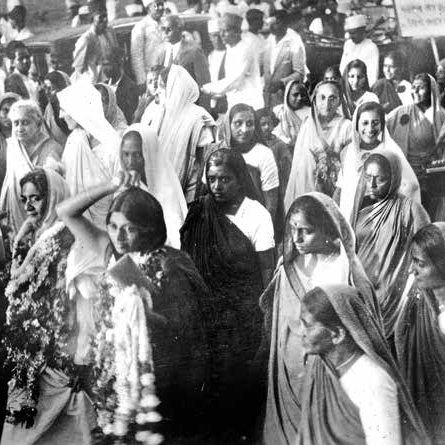
GENDER STUDIES IN DESIGN
In conversation with Madhavi Desai
|
|
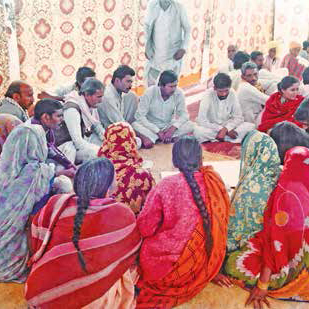
SENSING THE INFORMAL
In conversation with Sanjay Prakash
|
|
|
|
|
|